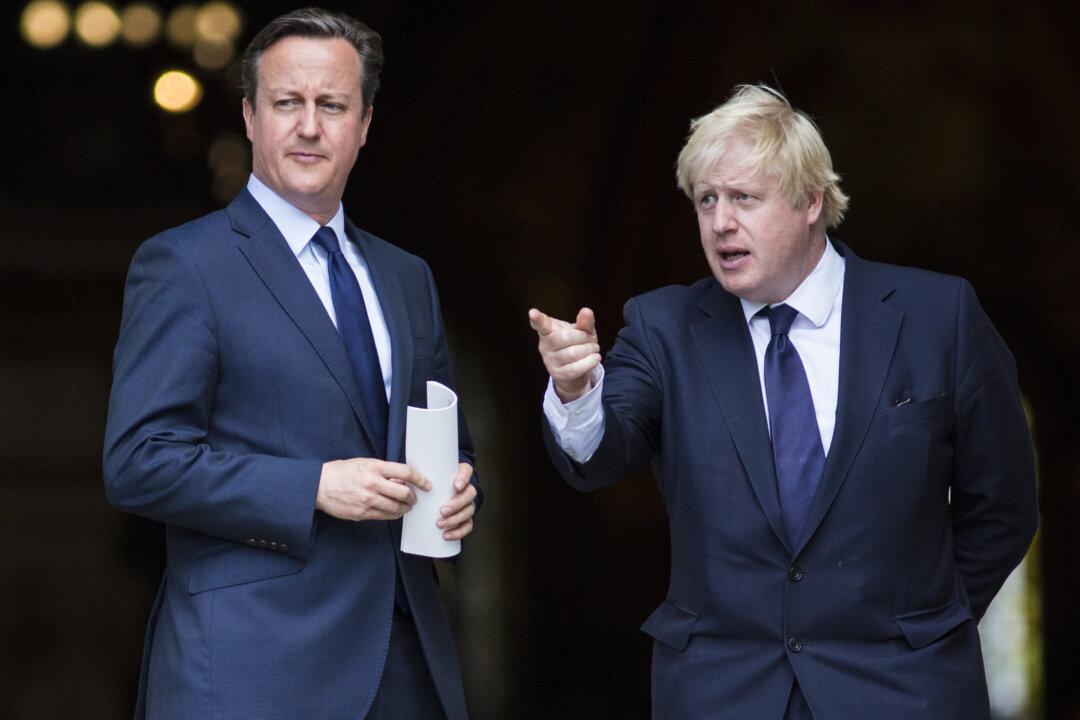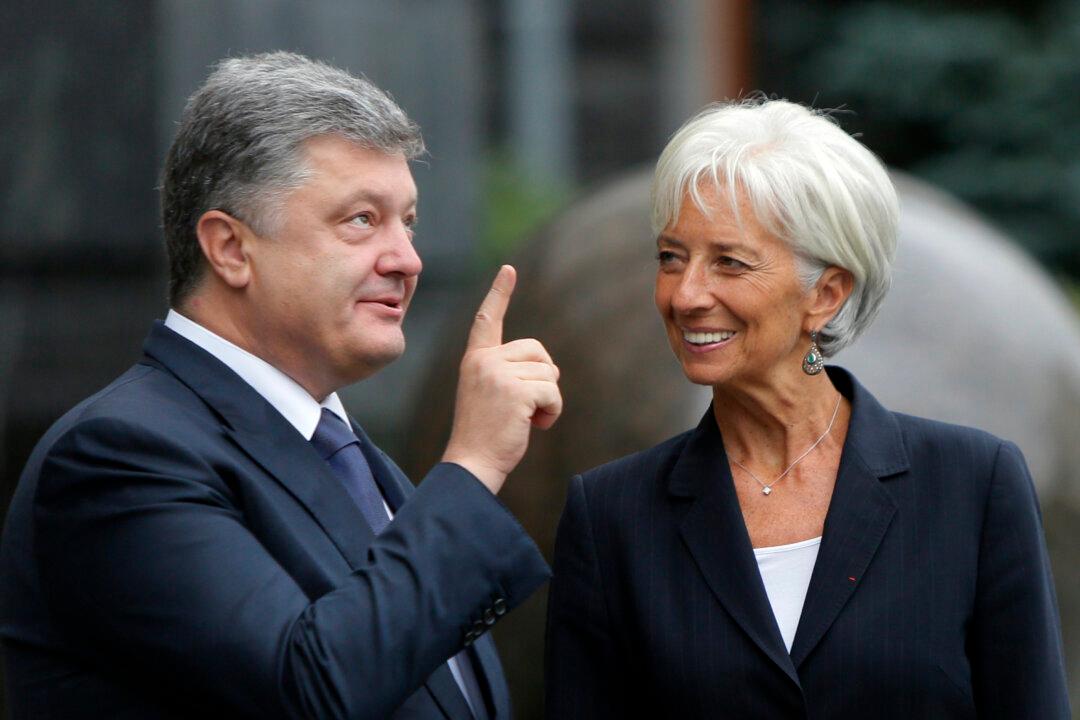NEW HAVEN—After 30 hours of non-stop negotiation two weeks ago, Prime Minister David Cameron and the 27 other heads of state and government of the European Union agreed on the terms of a “new settlement” for the United Kingdom—one they hope will persuade a majority to vote in favor of remaining in the EU for the referendum scheduled June 23.
The settlement was the culmination of an effort Cameron began in January 2013 when he pledged that if the Conservatives won a majority in the 2015 election he would renegotiate the terms of Britain’s membership in the EU and hold an in-out referendum on membership by the end of 2017. It was, he said, “time for the British people to have their say. It is time for us to settle this question about Britain and Europe.”
But, of course, the pledge was not just about resolving Britain’s longstanding ambivalence about Europe. It was also about winning the 2015 election. With Cameron presiding over a Conservative Party that has long been deeply divided over Europe, sharing power with the pro-EU Liberal Democrats and facing a growing threat of defections of Conservative members of Parliament and voters to Nigel Farage’s xenophobic and euroskeptic United Kingdom Independence Party, the pledge was motivated, above all, by his desire to secure a Tory majority in 2015.
Cameron’s settlement addresses U.K. concerns in four areas—economic governance, competitiveness, sovereignty, and social benefits and free movement. Regarding economic governance, the leaders agreed that measures to deepen Economic and Monetary Union will be voluntary for non-euro members, that the EU institutions will ensure a level playing field for all member states in the single market, that EU law regarding the banking union applies only to financial institutions located in states in the euro area, and that supervision of financial institutions and markets in non-euro countries is the responsibility of those countries.




